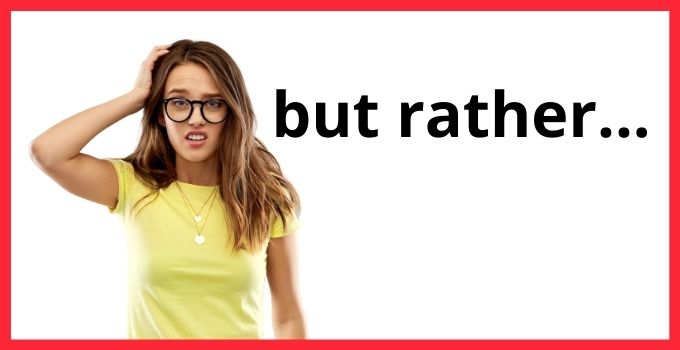A gerund is a verb with “ing” added to the end of it. That sounds pretty straightforward, but identifying a gerund is not quite as simple as that because adding “ing” to a noun does not automatically make it a verb. Only some verbs ending in “ing” are gerunds. We’ll discuss more at length how …
Grammar
When you should and shouldn’t use a comma after the word “recently.” There are a lot of complicated rules in the English language, but commas certainly take the cake. No matter how familiar you are with commas, there are some that can really trip you up. In this article, we’ll look at the word “recently” …
When it comes to articles, English speakers have it easy. They only have to contend with “a,” “an,” and “the.” They don’t have to figure out whether a word is masculine or feminine like their french cousins who have to use “le,” “la,” and “les.” And, both the English and French are better off than …
Understanding how and when to use the comma in English can be confusing. One reason is because there is not always a strict rule about when to use a comma. Both native and foreign speakers of English struggle with comma usage. While there are times when you definitely need a comma and times when you …
When to put a comma after “Oh” in a sentence Oh, hi! Didn’t see you there. Were you looking for an article about comma use after the word “oh”? If so, I have just the thing. Do you need a comma after “Oh”? When you’re using “Oh” like an interjection (a part of speech …
Part of what makes writing so interesting is that it’s possible to do things which are stylistic choices rather than grammatical ones. However, if you opt to add flavor to your writing this way, it’s important to know the grammatical rules involved as well. One case in point is the phrase “but rather,” which is …
Intransitive verbs, does that ring a bell? If it doesn’t, no worries. In this article, we’ll demystify what it means for a verb to be ‘intransitive,’ and we’ll share tips on how to use them correctly in your sentences. What is an intransitive verb? An intransitive verb is a verb that cannot take a …
Of all the punctuation marks that we writers have to wield, the comma may be the hardest to master. Why, I hear you wonder, are commas so unwieldy? After all, aren’t there plenty of grammar books and style guides telling you how and when to use these little creatures? Yes, there are several style guides …
For many writers, especially those still starting out, the rules governing grammar and punctuation may seem esoteric and strange. Also, if you’ve ever had the displeasure of coming across a stickler for the rules, you are always left with the impression that those who don’t follow grammar rules to the letter might as well not …









